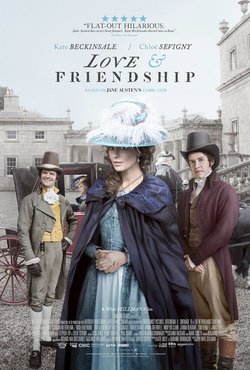
Divination was an ancient art in the Islands of Dara, but no Tiro state was more dedicated to its practice than scholarly Haan. After all, Haan was the favored land of the god Lutho, divine trickster, mathematician, and seer. The gods always spoke ambivalently, and sometimes they even changed their minds in the middle of your asking them a question. Divination was a matter of ascertaining the future through inherently unreliable methods.
It isn’t often that a book leaves me in awe. But Ken Liu’s The Grace of Kings has me thunderstruck.
Imagine a book written on the general Game of Thrones model. But imagine it set in a Chinese-based world.
And imagine that in this story, courage is not always futile, and virtue is not always defiled.
That’s The Grace of Kings. An epic in every sense of the word.
In the world of Dura, the emperor of the Reign of One Bright Heaven is a cruel megalomaniac. Thousands die doing slave labor for his hubristic personal monuments. Almost by accident, a revolt breaks out and spreads. Soon to be caught up in it are Kuni Garu, a commoner, a former gambler and bandit, and Mata Zyndu, descendent of heroes, tall and strong and himself a figure out of legend.
The two men’s gifts are different. Kuni Garu is intelligent and humane, always chiefly concerned with the welfare of others. Mata Zyndu is obsessed with courage, heroism, and ideals. Their complementary virtues make them leaders and brothers. They win the war.
And then it gets messy.
This is a book that will reward re-reading. I’m not at all sure I agree with its message (assuming there is one, or only one), but the story is eminently worth wrestling with. Much blood is spilled, but it’s not heartless. It’s rich in complex characters and moral ambivalence, but it’s not amoral.
I’m overwhelmed by The Grace of Kings. I highly recommend it. Not for young children.








